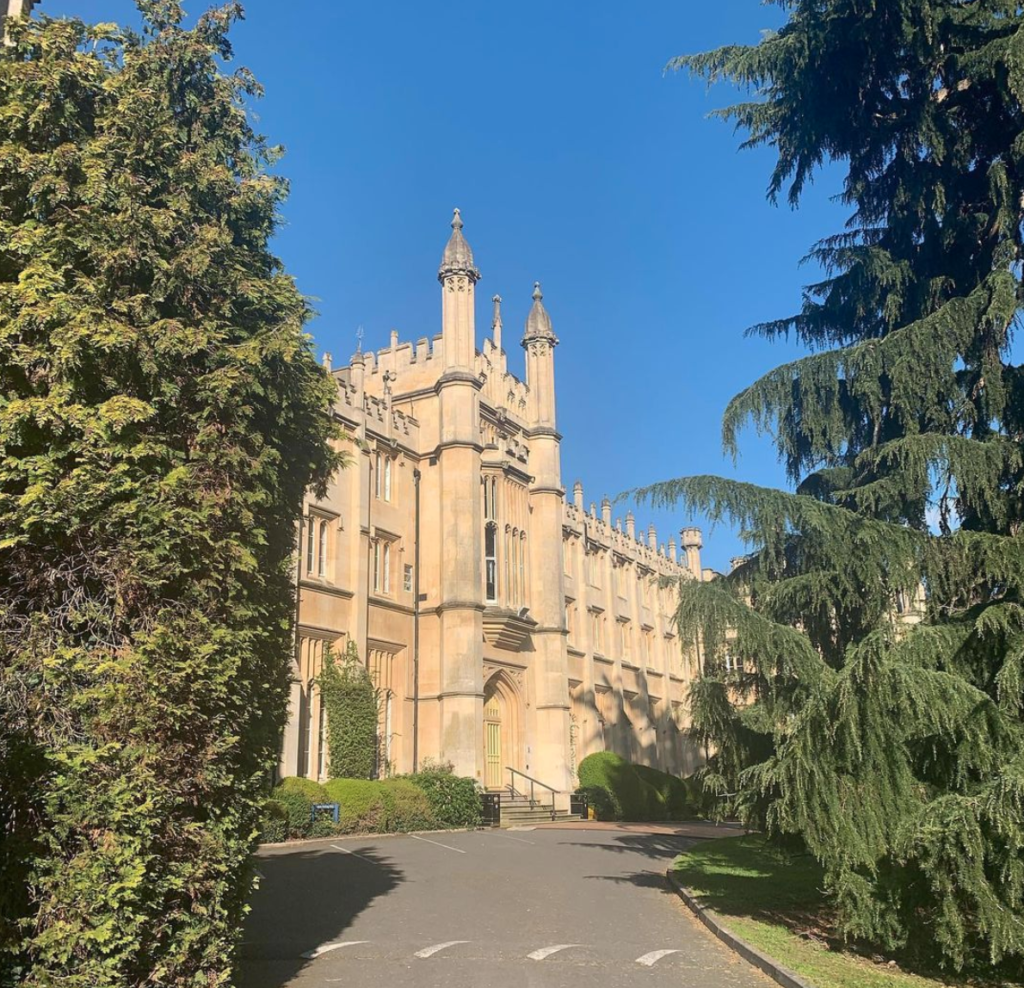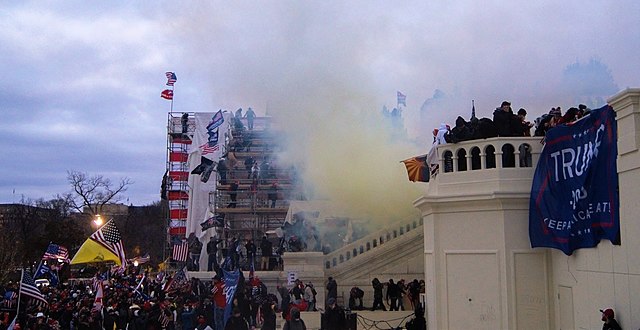For the past 20 years, we have all lived in the shadow of terrorism. The al-Qa’eda attacks on New York and Washington are defining moments of the post-Cold War world, and policy-makers have turned to academia to understand better the threat which terrorism poses. But the focus on Islamist terrorism, while real and deadly, has allowed the West to overlook a more indigenous danger.
Richmond, the American International University in London, recently unveiled a masters programme in terrorism, security and radical right extremism. The one-year course, designed and taught in association with the Centre for Analysis of the Radical Right, a London-based research centre, will prepare students for careers in policy and practice or further academic study. The graduates will receive two degrees, one accredited in the UK and the other in the US, which is intended to broaden the course’s international reach.

Another distinctive facet of the MA is its summer internship programme. Richmond has created a network of partners, including the Institute for Strategic Dialogue and Tech Against Terrorism, where students can experience the front-line of security studies in a number of contexts. Professor Dominic Alessio, vice-president of international programmes, describes the course as “aimed for students who are just interested academically in the subject, but also it has these practical applications, and hence, these internships will help with that.”
The importance of extremism and terrorism from the radical right is sometimes underestimated. But the danger they pose is real. We often forget that the Oklahoma City bombing in 1995 remains the deadliest wholly domestic terrorist attack in US history, and was carried out by far-right anti-government extremists Timothy McVeigh and Terry Nichols. The blast, which occurred at the Alfred P. Murrah Federal Building, killed 168 people. Most recently, of course, we have seen the 6 January attack on the Capitol building in Washington DC, now quite properly seen as a domestic terrorist event perpetrated by supporters of former president Donald Trump.
One of the problems in studying far-right extremism is in identifying and tracking the different groups, ideologies and motivations which fall under the catch-all terminology. Alessio notes “it’s really hard to keep track of the UK right for instance, because it keeps splintering all the time” and that “we also have to realise these huge divisions within the far right”, between, for example, ultra-nationalist, xenophobic groups and those which seek to emulate international models like Nazism.
Terminology is a critical but fraught aspect of this. “Fascism” has become too freely used as a label for opponents of the far left, but this is not a new problem. George Orwell, writing in Tribune in 1944, asked “What is fascism?” and remarked acidly that he had “heard it applied to farmers, shopkeepers, Social Credit, corporal punishment, fox-hunting, bull-fighting, the 1922 Committee, the 1941 Committee, Kipling, Gandhi, Chiang Kai-Shek, homosexuality, Priestley’s broadcasts, Youth Hostels, astrology, women, dogs and I do not know what else.” Alessio adds that the use of the word is like swearing: it loses its potency through repetition.
Using the taxonomy in the right way is enormously powerful, however. The English Defence League, for example, while presenting itself as a single-issue anti-Islamic party, has in fact been identified by some academics as a fascist movement. Alessio, writing in Social Identities, pointed to “key characteristics of fascism” within the EDL, as well as membership crossover with other fascist organisations like the National Front, the Racial Volunteer Force and Combat 18. In his view, being able to satisfy himself that the EDL was, and could be described as, a fascist organisation was a vital tool in fighting the media war against its form of far-right extremism.

How great a threat is the radical right? In the US, that question was comprehensively answered by the Capitol attack, and, before that, by the assassination attempt on Congresswoman Gabby Giffords in 2011, to take one instance. In the UK, of course, Labour MP Jo Cox was murdered in 2016 by Thomas Mair, a neo-Nazi with international far-right connections; the following year, Darren Osborne drove a van into a crowd leaving the mosque in Finsbury Park, killing one and injuring nine others. He was found to possess EDL material.
Richmond’s own website quotes Assistant Commissioner Neil Basu, head of specialist operations at the Metropolitan Police and the UK’s senior counter-terrorism police officer:
Extreme right wing terrorism […] is my fastest growing problem. What I am seeing, particularly in the right-wing terrorism space, is an increase in lots of young people being attracted. We are seeing people as young as 13 starting to talk about committing terrorist acts.
www.richmond.ac.uk
So there is a clear lethal threat from the far-right, however much the headlines may be dominated by Islamist groups. This needs to be taken seriously.
Alessio hopes that the graduates of the new MA programme will be able to make an impact on society and bridge the gap between academic study and practical application. “I hope the next generation are clear about the impact of what they do on the environment and other people,” he says.
Security studies are a booming industry, a reflection, perhaps, of the fragility of the 21st-century world. Increasingly, academics who research and teach in the field are becoming sought after for their analysis and their commentary: branching out into advisory roles within government and prominent appearances in the media. Professor John Bew, of King’s College London, was the guiding authorial hand of the UK’s recent Integrated Review; Dr Susan Rice, educated at Stanford and Oxford, served Barack Obama as permanent representative to the United Nations and then national security adviser; while Professor Michael Clarke, formerly director-general of RUSI, frequently appears in the press to offer expert insight into defence and security matters.
The MA programme at Richmond therefore joins a crowded field. However, its creators and the staff who teach it will hope that its dual-degree award and the internship opportunities, as well as the international nature of Richmond, will give it a distinctive identity and allow it to blossom among the hundred flowers.

